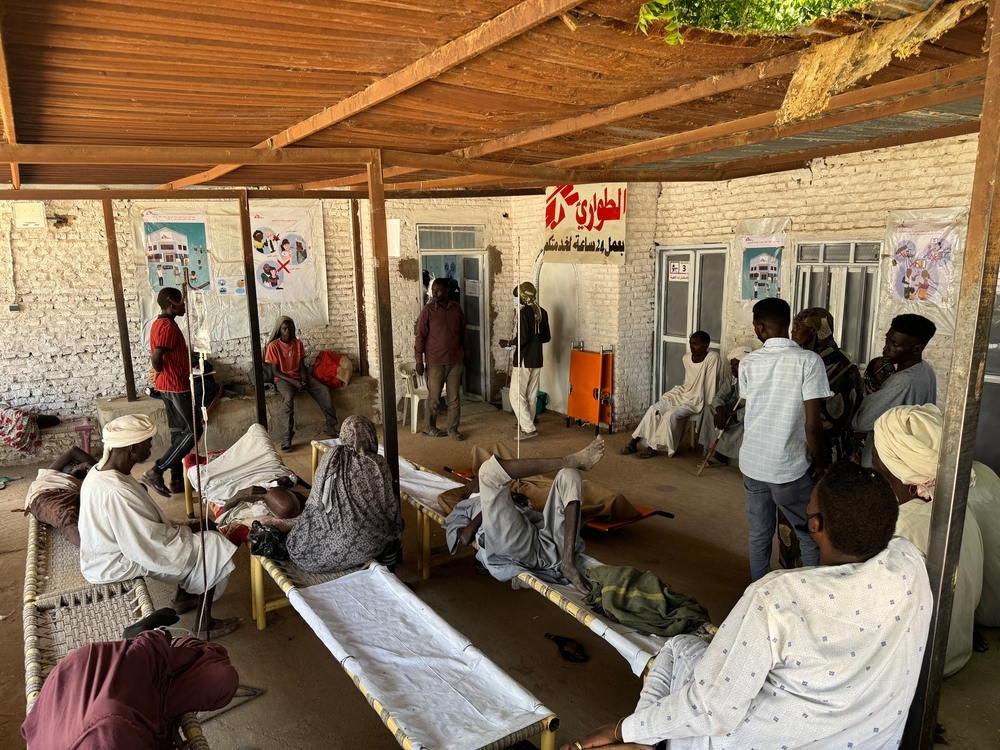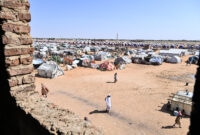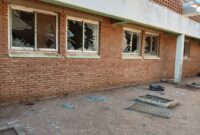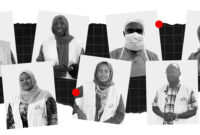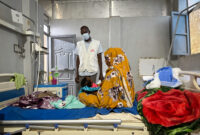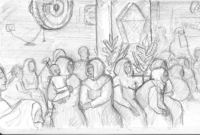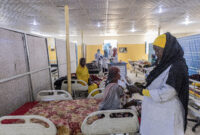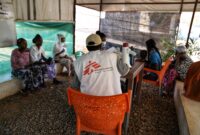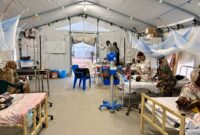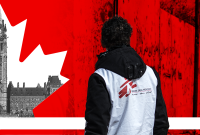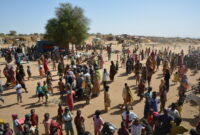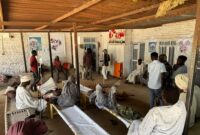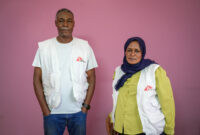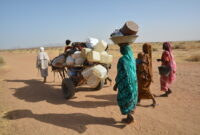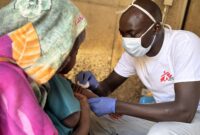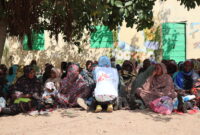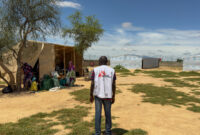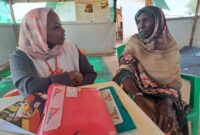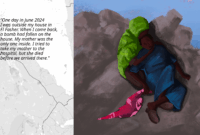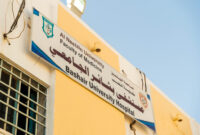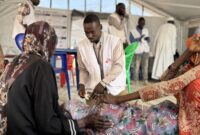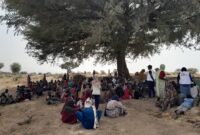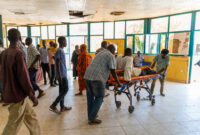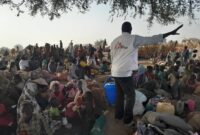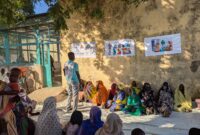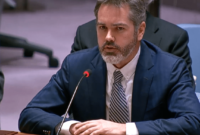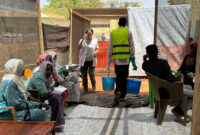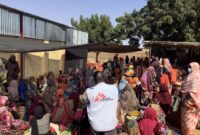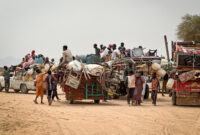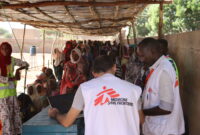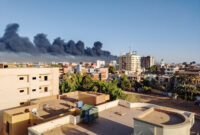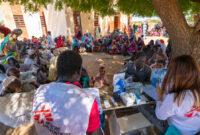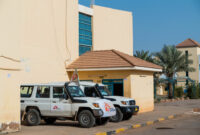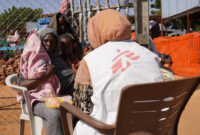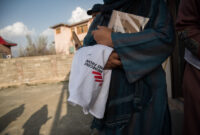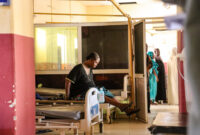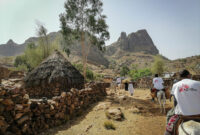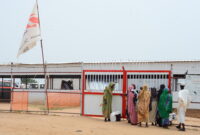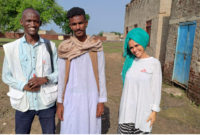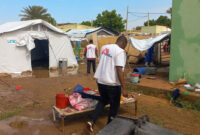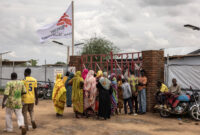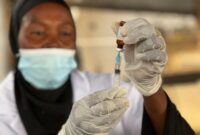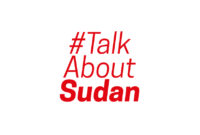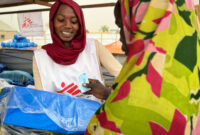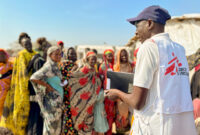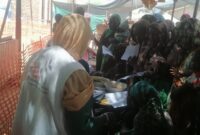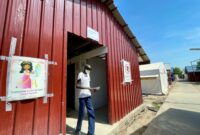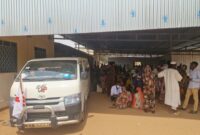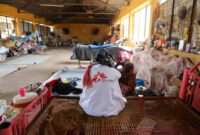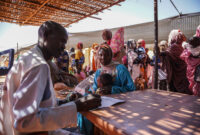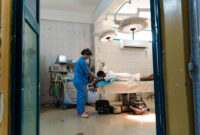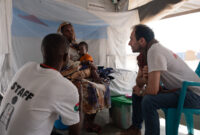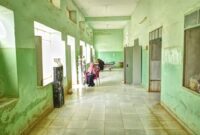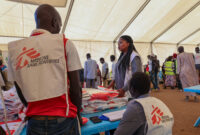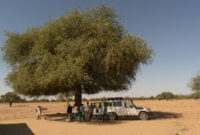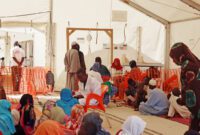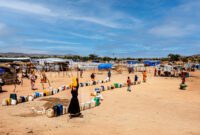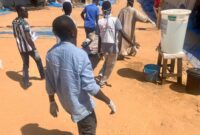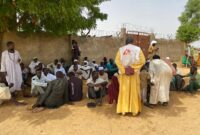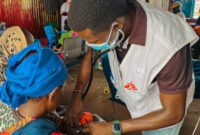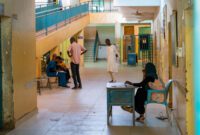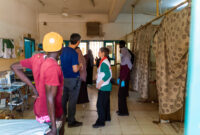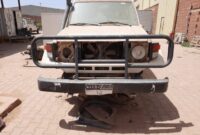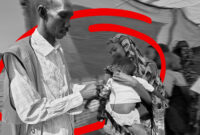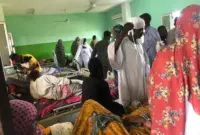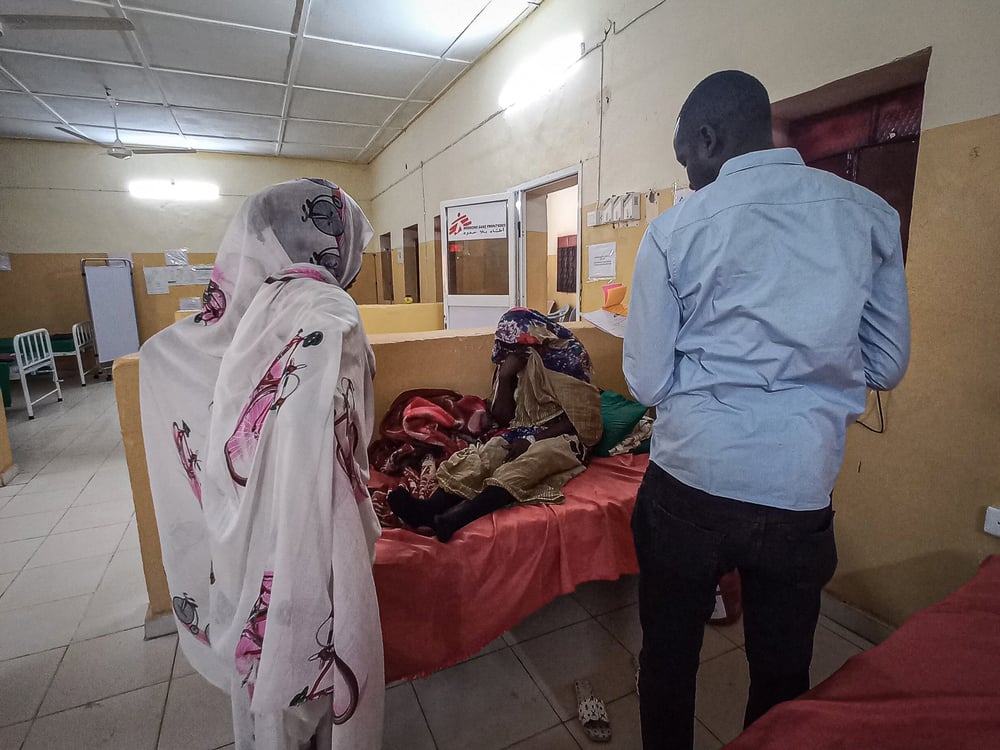Sudan: Darfur hospitals receive nearly 100 wounded people in one day
Survivors who managed to escape El Fasher report an unbearable situation in the besieged city and ongoing dangers on the road to Tawila.
Following a series of attacks by the Rapid Support Forces (RSF) and the Sudanese Armed Forces (SAF), 99 wounded patients, including women and children, arrived at Doctors Without Border/Médecins Sans Frontières (MSF)-supported health facilities across North, Central and South Darfur in Sudan on Sep. 10. Four people across the facilities were declared dead on arrival.
“We urge all warring parties to immediately spare civilians, protect medical staff and facilities and guarantee safe, unhindered access for humanitarian aid, starting in El Fasher and other besieged areas,” says Marwan Taher, MSF country director in Darfur. “The humanitarian crisis is spiralling and the world cannot continue to look away.”
In Tawila, North Darfur, MSF staff treated 50 wounded patients on Sep. 10 alone. In total, more than 650 injured people who have managed to escape the besieged city of El Fasher have arrived at the MSF-supported hospital since mid-August. This represents just a fraction of the casualties. Survivors have described seeing many dead bodies on the roads and having to leave behind the most critically sick and wounded people, who simply wouldn’t have survived the journey to Tawila.

“Some people have walked 60 kilometres on foot, bleeding from gunshot wounds and severe whippings, yet they are the fortunate few who survived the horrors of El Fasher and the journey to escape it,” says Sylvain Penicaud, MSF project coordinator in Tawila. “They arrive exhausted, broken and in such extreme states of distress.”
People also explain how life has become unbearable in and around El Fasher. The RSF and its allies have besieged and bombed the town for over a year, leaving hundreds of thousands of people trapped, with virtually no food, medicines, water or humanitarian assistance. People attempting to escape El Fasher face killings, torture, sexual assault and other extreme forms of violence along the route to Tawila, which now hosts 800,000 internally displaced people.
“From the hospital, our teams heard the drone strike. Moments later, in broad daylight, we had to activate our mass casualty plan as an influx of war-wounded people arrived, including six women and four children. No one is safe.”
Marwan Taher, MSF country director in Darfur
As Sudan’s war continues in its third year, people face relentless violence with nowhere to flee. On Sept. 10, drones struck multiple locations across Darfur, leaving hundreds of people injured. Even communities far from the attacks are not safe, as attacks escalate simultaneously across the region.
An SAF drone strike landed just four kilometres from the MSF-supported Zalingei teaching hospital in Central Darfur, the first one since February.
“From the hospital, our teams heard the drone strike,” says Taher. “Moments later, in broad daylight, we had to activate our mass casualty plan as an influx of war-wounded people arrived, including six women and four children. No one is safe.”
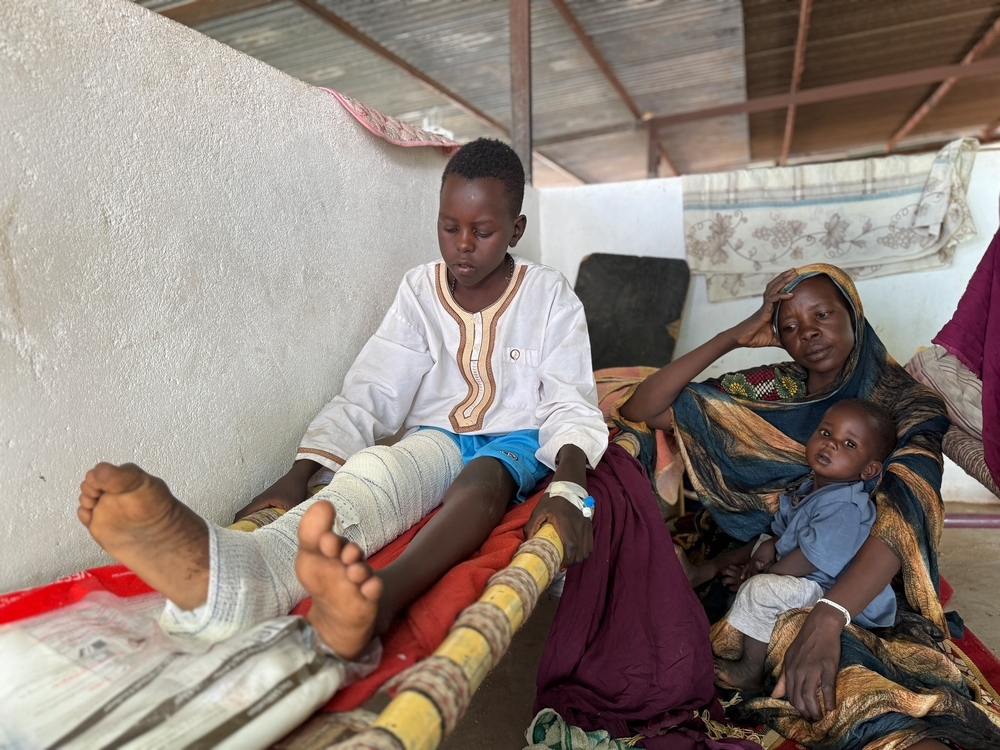
On the same day, in Nyala, South Darfur, two drones struck the city. The MSF-supported Nyala teaching hospital received 12 patients; four people, including one child, were dead on arrival. This was the eighth deadly drone strike on the city in just 11 days, following attacks on Aug. 30 and Sept. 1 and 3, when the hospital treated 44 war-wounded patients.
The situation in Darfur remains dire, with health facilities under extreme pressure and struggling to cope with massive influxes of patients, severe shortages of supplies and the constant threat of further attacks.
These simultaneous attacks came just a day after an RSF airstrikes hit Khartoum, the Sudanese capital, on Sept. 9, with shrapnel wounding two people who arrived at the MSF-supported Al-Nao hospital in Omdurman. The same airstrikes also took out a power station, plunging parts of the city into blackout and forcing the MSF-supported Al-Nao and Al-Buluk pediatric hospitals to rely on generators or unreliable electricity sources. Without stable electricity, lifesaving medical equipment and air conditioning fail, leaving premature and critically ill children dangerously exposed to overheating, infection and equipment malfunctions.
